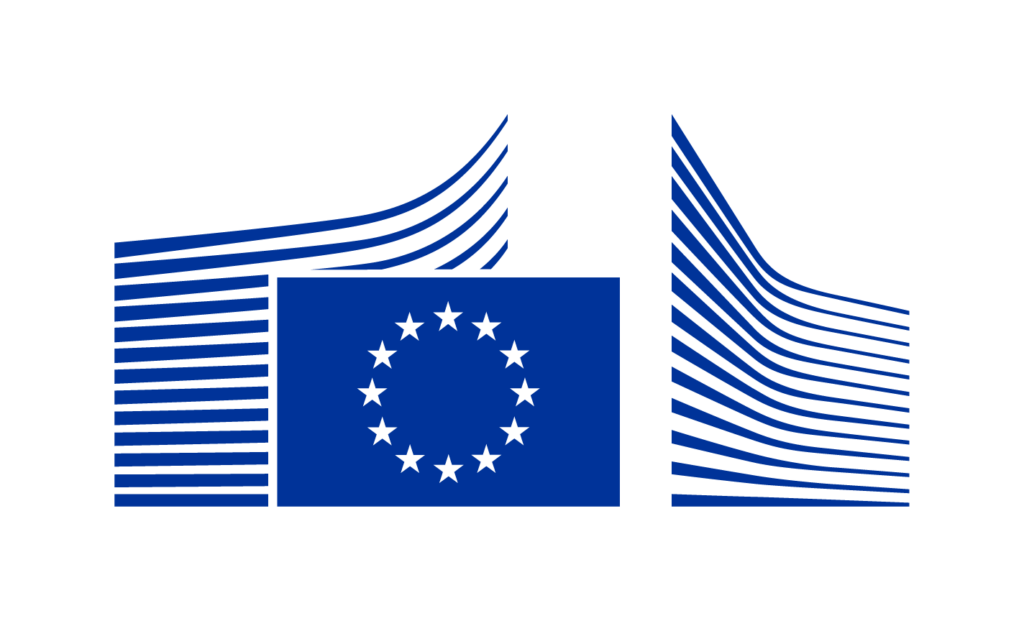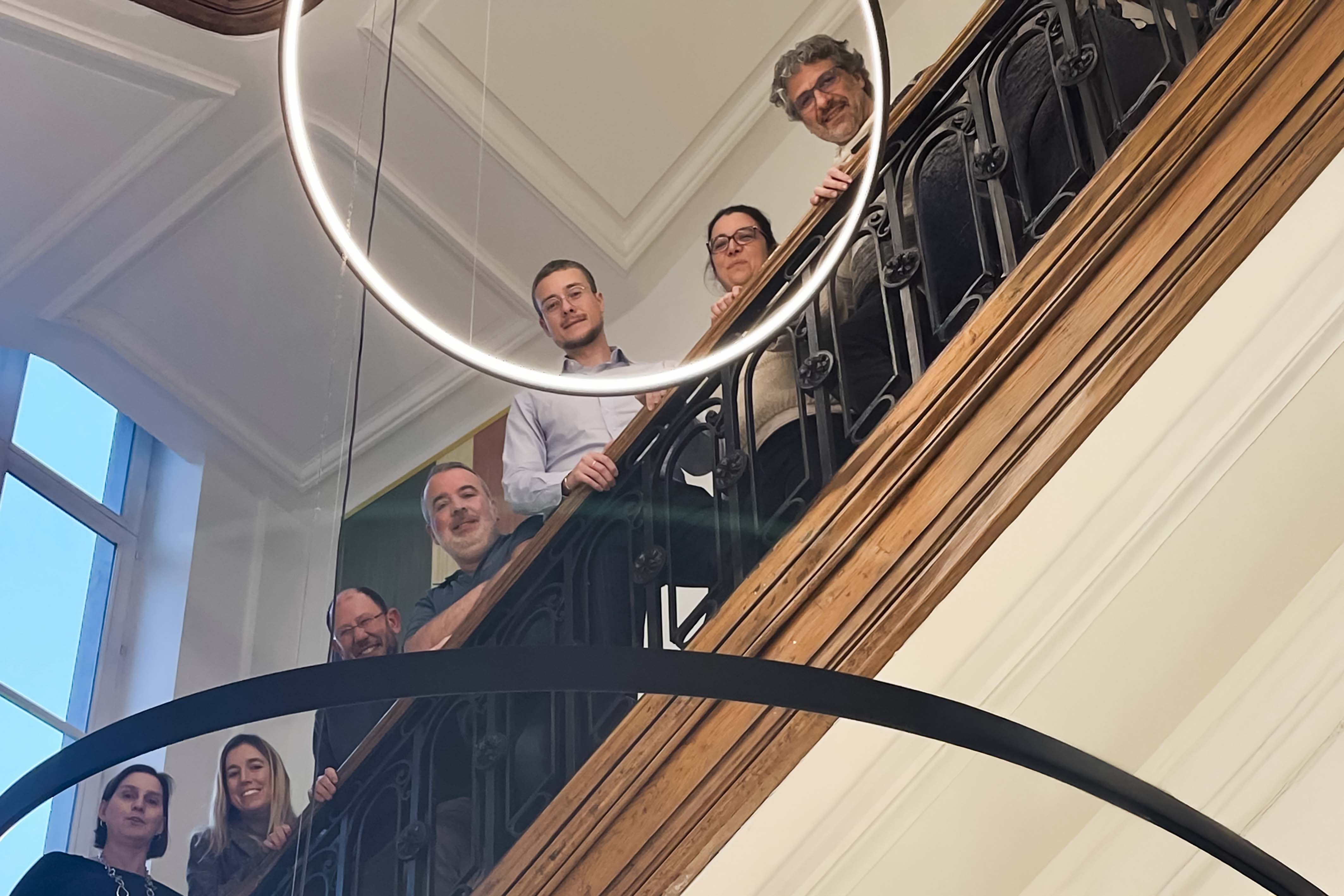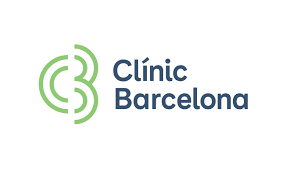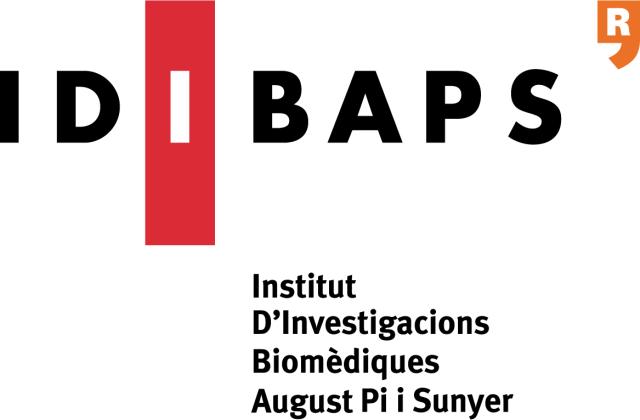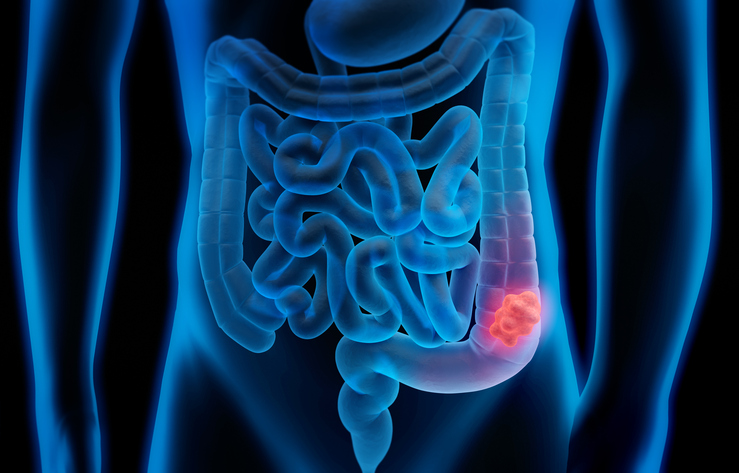CHIMERNA is an interdisciplinary European research consortium in which academic and clinical partners from Belgium, France, and Spain have partnered together. Its goal is to create a cancer therapy hub based on new smart nanoparticles for in situ immune cell engineering with mRNA. The project forms part of the European NANOTECMEC call, an ERAnet – ERA4Health programme focused on advanced nanotechnologies to prevent, diagnose, and provide therapy for different diseases.
Regarding the CHIMERNA project, the four partners from Belgium (VUB), France (UA), and Spain (IQS-URL and IDIBAPS – Hospital Clínic de Barcelona) are seeking to achieve an effective approach to the engineering of immune cells in situ, with each partner contributing their enabling technologies and knowledge: the engineering of specific mRNAs at the Vrije Universiteit Brussel (VUB), under the group led by Dr Karine Breckpot, which is also coordinating the project; the nano-formulation of mRNA within the NanoTher-Nano Therapies Lab group, coordinated by Dr Cristina Fornaguera Puigvert at IQS; and the controlled release with hydrogels, an area of expertise led by Dr Guillaume Bastiat at the Université d’Angers (UA).
The fourth member of the consortium is Dr Joan Maurel’s group from IDIBAPS – Hospital Clínic de Barcelona, experts in metastatic colorectal cancer (CRC), a disease that affects almost half a million Europeans annually and which could be one of the beneficiaries of this immune cell engineering when equipped with therapeutic response programmes to treat the disease.
Hydrogel immunomodulatory therapies
The ultimate goal is to achieve a Hydrogel Immunomodulatory Therapy (HIT) consisting of an injectable lipid-based hydrogel with chemokinesin which the therapeutic nanoparticles loaded with the mRNA will be housed to transfect the target cells. This system will act, subcutaneously, as an artificial lymph node that is able to attract the desired immune cells, activate them, and recognize the tumour and generate an immune response capable of eliminating it.
CHIMERNA will offer a proof of concept of this multidisciplinary approach, focusing on the engineering of dendritic cells (DCs) for therapeutic vaccination with neoantigens in the case of CRC cancer. The proposal includes precision medicine based on genomic profiling by designing and evaluating the most appropriate vaccine for each patient in a phase I clinical trial, which will be carried out at a later stage in IDIBAPS.
Apart from this proof of concept for vaccination with CDs, the modularity offered by the CHIMERNA proposal can serve to attract and reprogram any immune cell or to treat diseases beyond cancer (such as autoimmune diseases, infectious diseases, etc.), thereby resulting in a great impact on health.
The CHIMERNA project is being funded by the MICIU/State Research Agency (PCI2025-163237, MICIU /AEI /10.13039/501100011033/UE).

